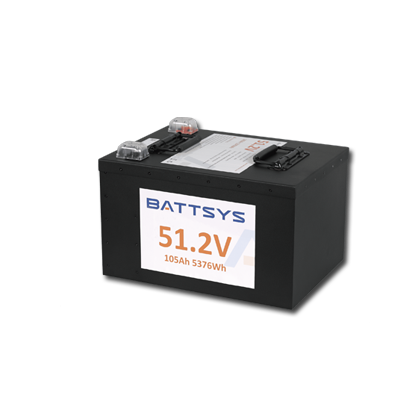What is lead to lithium battery and what are its advantages?
Lead to lithium battery, also known as
lithium-ion battery, is a new type of battery technology that uses lithium-ion as the positive and negative electrode materials of the battery. Compared to traditional lead-acid batteries, lead to lithium batteries have many advantages.
Firstly, lead to lithium batteries have higher energy density. Energy density refers to the amount of energy that a battery can store per unit volume or unit mass, and the energy density of lead to lithium batteries is much higher than that of lead-acid batteries. This means that under the same volume or mass, lead to lithium batteries can provide longer working time and larger energy reserves, thereby extending the device's lifespan.
Secondly, lead to lithium batteries have a longer lifespan. Compared to lead-acid batteries, lead to lithium batteries have higher cycle life and lower self discharge rate. Cycle life refers to the number of charge and discharge cycles that a battery can undergo, while self discharge rate refers to the rate at which a battery discharges on its own when not in use. The cycle life of lead to lithium batteries can reach thousands of times, and the discharge rate is very slow when not in use, which means it can store electricity for a long time without losing too much.

In addition, lead to lithium batteries have a lighter and smaller volume. Compared to lead-acid batteries, lead to lithium batteries have much smaller volume and lighter weight at the same capacity. This makes lead to lithium batteries very suitable for use in mobile devices, electric vehicles, and other scenarios, reducing the burden on equipment and improving portability.
Finally, lead to
lithium batteries also have higher charging and discharging efficiency. Lead to lithium batteries can more efficiently convert electrical energy into chemical energy and convert chemical energy into electrical energy during discharge. This means that during the same charging and discharging process, lead to lithium batteries have less energy loss and can more effectively utilize electrical energy.
Overall, lead to lithium batteries have become the mainstream of modern battery technology due to their high energy density, long lifespan, small size, and lightweight advantages. It is widely used in fields such as mobile devices, electric vehicles, solar energy storage systems, etc., providing more reliable power support for people's lives.
